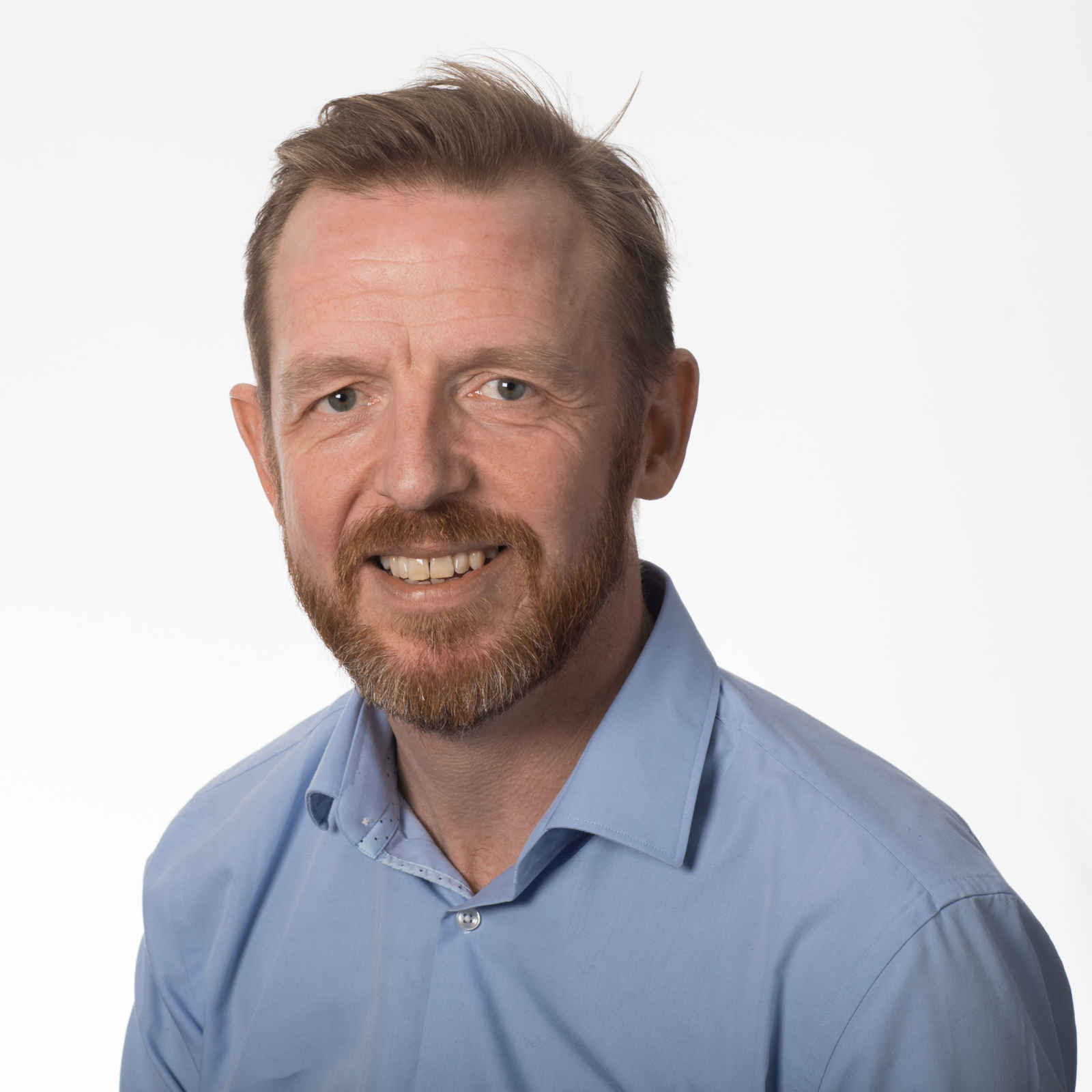19th October 2018
Living with and beyond breast cancer

October is Breast Cancer Awareness month, but if you have recently been diagnosed you may be worried about the side effects of treatment. Dr Richard Simcock, oncology consultant at The Montefiore Hospital in Hove, explains the huge advancements which have been made to help people living with and beyond breast cancer.
“Happily, treatment for breast cancer is getting better all the time. Over 80% of patients can expect to be free of the disease 10 years later, but we recognise patients have side effects from treatment and may have to live with those beyond cancer. These side-effects can be emotional and physical.
Some of the biggest fears of chemotherapy treatment are nausea and hair loss, but there are now anti-sickness drugs which work exceptionally well, and ‘cold capping’ technologies will allow many women to keep their hair.
In reality, the most common side effect we see is fatigue, followed by sleep disturbance – see advice below.
All breast cancer patients are given a holistic needs assessment, designed by Macmillan Cancer Support, to identify problems and plan interventions. Patients are assigned a breast cancer specialist nurse who they can talk to throughout their treatment. It is really important to us that patients tell the oncology team if they are suffering physical side effects from chemotherapy so the treatment can be adjusted – no two people are the same and one ‘recipe’ of drugs does not suit all.
After successful treatment, breast cancer patients will have annual mammograms and, if they have any concerns, they will have a direct route back to the cancer support services for assessment and reassurance.
Having cancer may change the way you look at the world, but our aim is for people to be free of cancer and to be able to pick up their lives as near normal as possible afterwards.”
Living with and beyond breast cancer:
- Fatigue - this is the most universal problem. After diagnosis, patients intuitively slow down and take it easy, but research shows that ‘rest is not best’. Exercise can really help to lessen fatigue and improve mood. Maintain your current levels of exercise where possible and become active if you haven’t been before. There are many tailored exercise schemes including Albion in the Community’s Brighter Outlook which offers free, personalised physical activity for people living with and beyond cancer in Brighton and Hove.
- Sleep disturbance - breast cancer treatment can bring on the menopause and therefore menopausal symptoms such as hot flushes and sleep disturbance are common. Prescription medication can help, but so can acupuncture. Clinical studies have shown acupuncture can also help with joint stiffness and nausea.
- Diet – there is no such thing as a ‘breast cancer diet’, but it is advisable to have a balanced one rich in fruit and vegetables and moderate in animal fat. Drink plenty of water and ensure you have a good source of fibre, especially if you are suffering with constipation after chemotherapy.
- Psychological support - Your oncology team can provide emotional support and a listening ear but joining a peer support group is recommended. The ‘lived’ experience is far more powerful than the observed.
After treatment, patients are encouraged to join a ‘Moving Forward’ course to help them understand their ‘new normal’ after breast cancer. There are many self-referral services available through Macmillan Cancer Support which offer counselling, financial advice and even cookery classes. - Use the 24-hour call service - don’t be afraid to pick up the phone and call the 24-hour number you have been given. Whether it is 3pm or 3am, seeking help now may prevent problems further on in your treatment.
Dr Richard Simcock is an oncology consultant at The Montefiore Hospital, Montefiore Road, Hove, with a clinical interest in survivorship and rehabilitation, and acupuncture therapy. The Montefiore was recently awarded the Macmillan Quality Environment Mark (MQEM) for its dedicated oncology unit which provides care for people living with cancer. To enquire fill out an online enquiry or phone 01273 828 148.